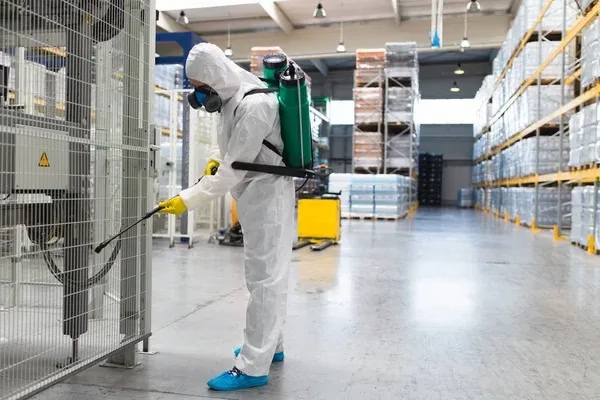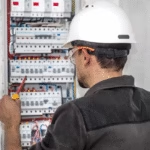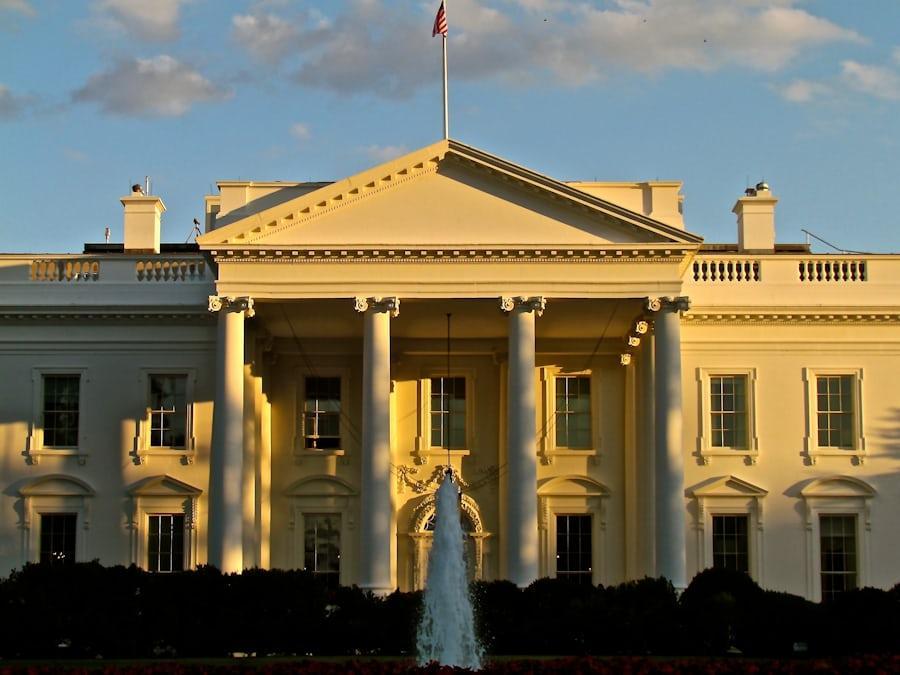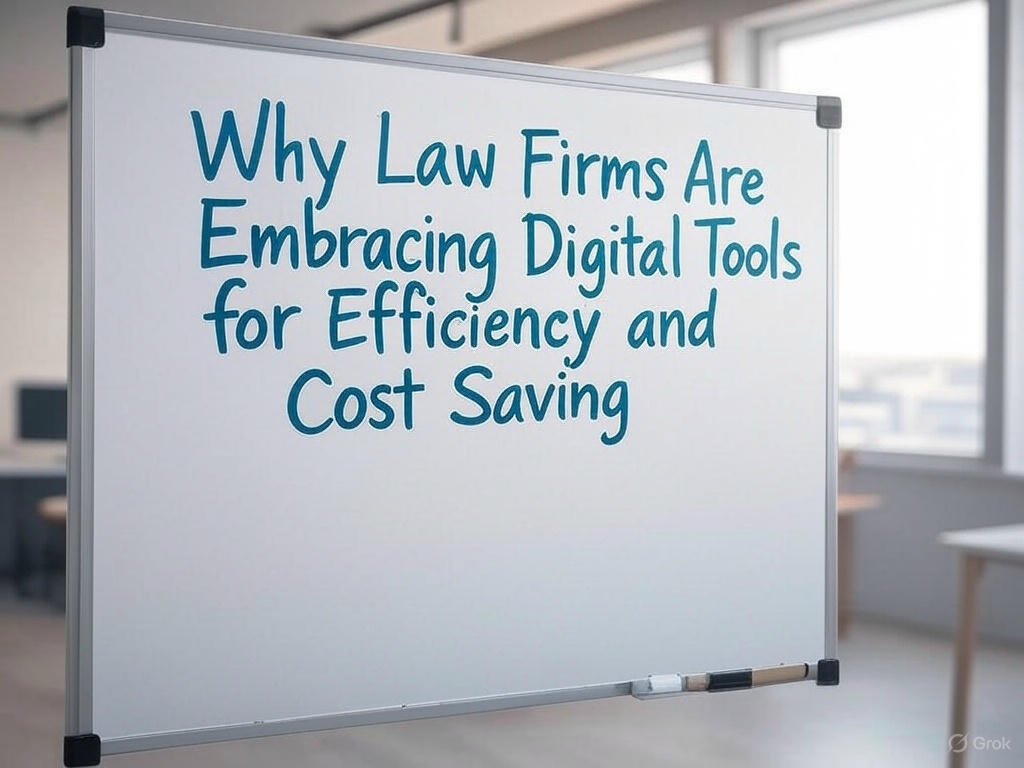No matter how clean or organized a business might be, pests have a way of finding their way in. They don’t care about your opening hours, brand reputation, or hard-earned success — all they need is a little food, water, and shelter to make themselves at home.
From bustling restaurants and warehouses to quiet offices and healthcare facilities, pest infestations can appear anywhere. The consequences, however, can be devastating: property damage, health risks, failed inspections, and even loss of customer trust. That’s why every business, big or small, needs a reliable pest control strategy — and more importantly, a professional exterminator who knows exactly what they’re doing.
The Real Cost of Pests in the Workplace
Let’s face it — a pest problem is more than just an inconvenience. It’s a business liability.
For a café or restaurant, even a single cockroach sighting can result in bad reviews, health code violations, and reputational damage that’s hard to recover from. In warehouses or factories, rodents can chew through wiring and packaging, causing electrical issues and contaminating goods. Even office spaces aren’t immune — ants in the kitchen or spiders in storage rooms can make employees uncomfortable and distract them from productivity.
One of the most common misconceptions is that pests only affect “dirty” or poorly maintained spaces. The truth is, pests are opportunists. A door left open for a delivery, crumbs from a staff lunch, or excess moisture near plumbing can all attract unwanted guests.
What makes pests particularly hazardous for businesses is their rapid reproduction rate. A few unnoticed mice or cockroaches can multiply into dozens — or even hundreds — in just a matter of weeks. That’s when minor issues turn into full-blown infestations.
Why DIY Methods Don’t Work for Businesses
It’s tempting for business owners to tackle pest problems on their own. After all, there are plenty of over-the-counter sprays and traps available. But commercial pest control isn’t something you can handle with supermarket products alone.
Here’s why:
1. Pests Are Persistent and Adaptive
Many pests quickly adapt to common treatments, making basic sprays ineffective over time. For example, cockroaches can develop resistance to certain chemicals, while rodents often avoid traps after detecting the scent of other caught pests.
2. Business Environments Are Complex
Commercial spaces are often larger and more complex than homes, with multiple entry points, food sources, and hiding places. A warehouse or hotel may require entirely different treatment methods than an office or school.
3. Compliance and Safety Are Critical
Businesses, particularly those in the food service, healthcare, and hospitality industries, are required to comply with stringent health and safety standards. Using the wrong pest control products or applying them incorrectly can create safety hazards or violate local regulations.
4. Quick Fixes Don’t Address the Root Cause
DIY treatments may temporarily eliminate visible pests, but they rarely address the root cause — such as hidden nests, moisture issues, or structural entry points. Without professional help, the infestation often returns.
Simply put, pest control in commercial environments requires expertise, precision, and a long-term plan. That’s where professionals come in.
The Professional Advantage
A trained pest exterminator does far more than just kill bugs or set traps. They bring a strategic, science-based approach that keeps businesses safe, compliant, and pest-free in the long term.
Here’s what you can expect from a professional service:
1. Comprehensive Inspections
Professionals begin with a detailed inspection of your premises, identifying not just where pests are active, but why they’re there. They look for attractants, access points, and conditions that allow pests to thrive — things an untrained eye might miss.
2. Customized Treatment Plans
Every business is unique, so a one-size-fits-all solution doesn’t work. Professionals design a pest management plan tailored to your facility, pest type, and industry. That might include safe baiting systems, traps, or targeted treatments that minimize disruption to your operations.
3. Eco-Friendly and Safe Practices
Modern pest control has evolved. Today’s professionals utilize environmentally conscious methods that prioritize the safety of both employees and customers. These approaches align with principles of environmental protection, reducing the use of harsh chemicals while maintaining effectiveness.
4. Regular Monitoring and Prevention
The best pest control isn’t reactive, it’s proactive. Professionals don’t just treat infestations; they prevent them. Scheduled inspections and ongoing monitoring ensure that pests don’t have a chance to return, saving you time and money in the long run.
5. Peace of Mind
Perhaps the biggest benefit is confidence. Knowing your business is protected by experts means you can focus on running your operations without the constant worry of an unexpected pest problem.
Real-World Scenarios: When Businesses Learned the Hard Way
To understand the critical importance of professional pest control, consider a few real-world examples.
- A bakery ignored a few rodent droppings near its storage area, thinking it was an isolated incident. Weeks later, they discovered a full nest behind an oven, forcing a two-week shutdown for cleaning and pest eradication not to mention the loss of thousands in spoiled ingredients.
- A warehouse storing packaged goods had an unnoticed cockroach problem that spread to deliveries. When a major client complained, the company’s reputation built over a decade suffered a significant blow, ultimately costing them the contract.
- An office building began receiving complaints from employees about ants in shared spaces. Rather than calling professionals, the staff tried store-bought sprays. The ants kept coming back until a technician identified a leaking pipe behind a wall as the true cause.
These situations could have been avoided with regular inspections and professional management. For businesses seeking to safeguard their operations, collaborating with a trusted commercial pest exterminator offers a preventive safety net that helps detect and resolve issues before they escalate.
The Hidden Benefits of Professional Pest Control
Hiring experts isn’t just about solving a problem — it’s about protecting your investment and maintaining your reputation.
1. Customer Confidence
A clean, pest-free environment reassures customers and clients. Whether it’s a restaurant, hotel, or retail space, people notice when a business prioritizes hygiene and safety.
2. Employee Satisfaction
No one wants to work in an office or warehouse where pests are an ongoing issue. Pest-free spaces contribute to better morale and productivity.
3. Long-Term Savings
While professional services may seem like an added expense, they actually save money in the long run. Preventive care helps avoid costly repairs, product losses, or emergency extermination fees that often follow neglected infestations.
4. Legal and Regulatory Compliance
Regular pest inspections and documented treatments help businesses stay compliant with health codes and safety regulations particularly in industries where audits are frequent.
Building a Pest-Free Future for Your Business
Pest control isn’t just about today it’s about the future stability of your business. A proactive approach ensures that your facilities remain clean, compliant, and protected throughout the year.
The right professionals don’t just react when something goes wrong—they work with you to create long-term prevention strategies tailored to your operations. From sealing entry points to training staff on proper waste management, it’s a partnership that strengthens your business from the ground up.
Final Thoughts
Pests can sneak into even the most well-maintained businesses, but with the right prevention and expert help, you don’t have to deal with the fallout. Partnering with a professional pest control team ensures your workplace stays clean, safe, and compliant without cutting corners or risking your reputation.
Because in business, prevention isn’t just better than the cure it’s essential. And when it comes to keeping pests away for good, having experts on your side makes all the difference.






